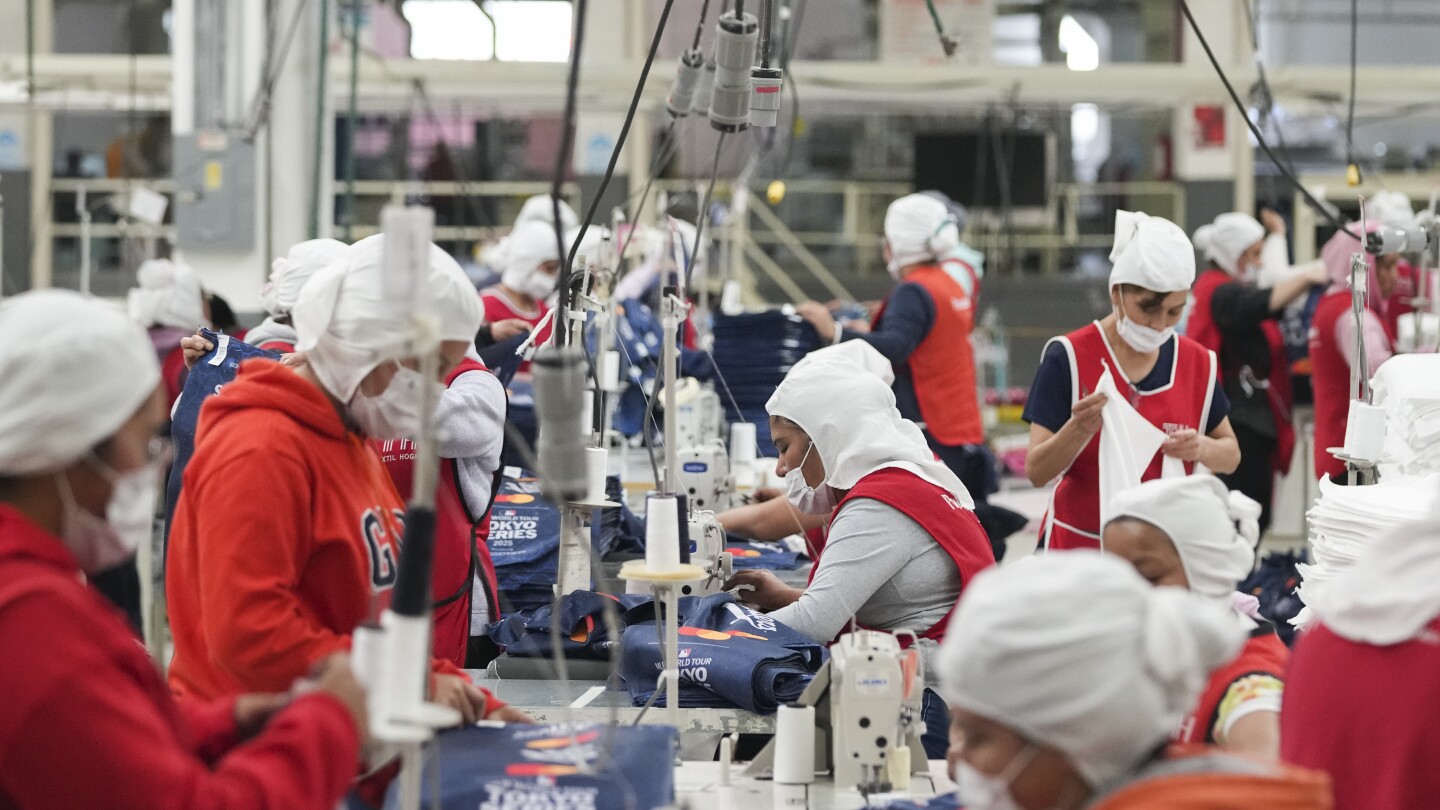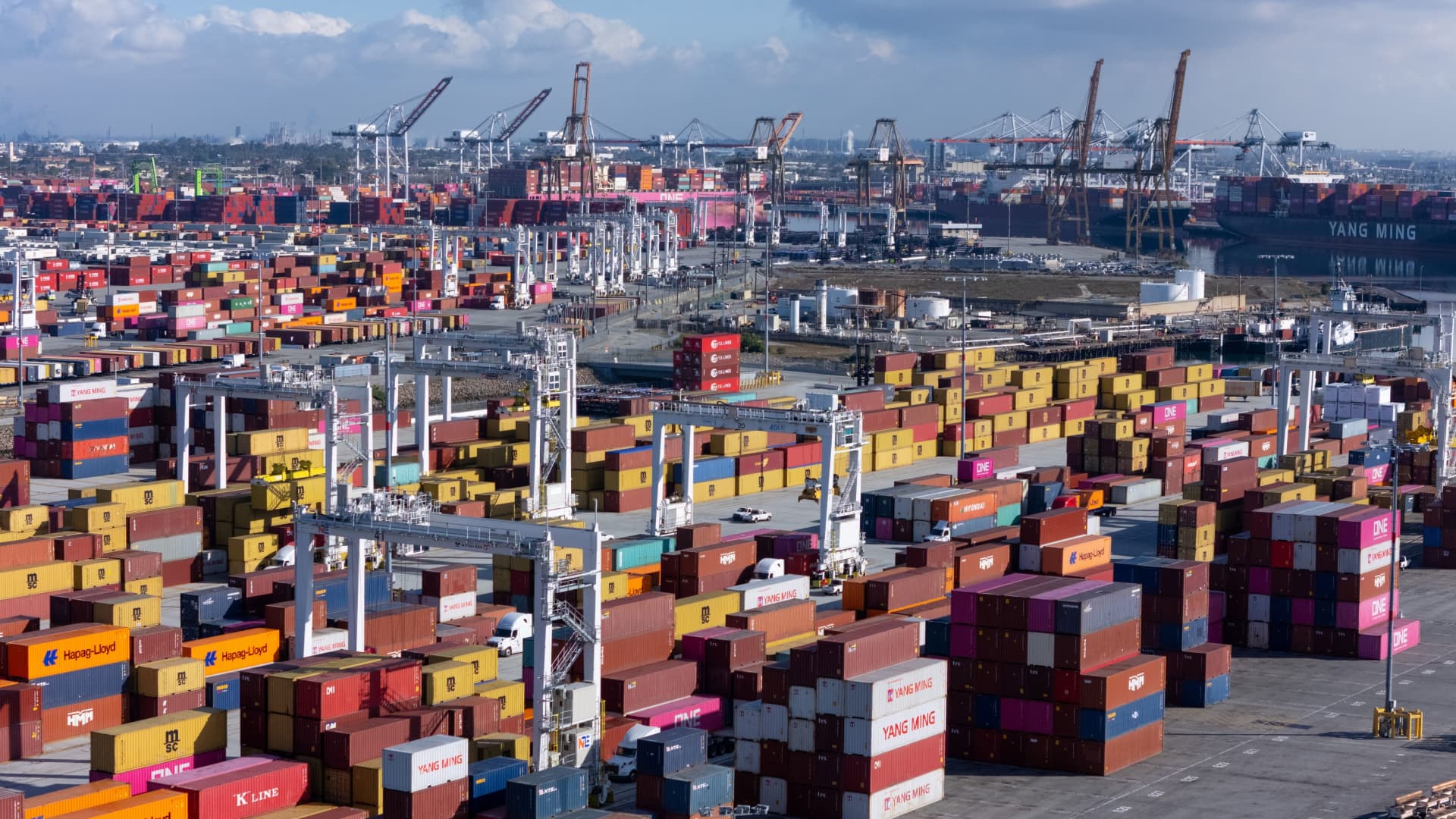Are Trump’s Tariffs Fueling a Cost Crisis? Understanding the Economic Implications
As the dust settles on years of economic policies initiated during the Trump administration, many Americans find themselves grappling with rising consumer prices. A significant facet of these economic changes has been the imposition of tariffs on various goods, which, according to critics, are fueling a cost crisis. Republican leaders, however, have been quick to downplay these concerns, arguing that the long-term benefits of such tariffs will ultimately stabilize the economy. This article delves into the implications of Trump’s tariffs on everyday costs, the party’s stance on economic stability, and what this means for the average consumer.
The Tariff Landscape: A Brief Overview
Tariffs, essentially taxes on imported goods, were a hallmark of Donald Trump’s trade policy. The administration implemented tariffs on a range of products, particularly targeting China, with the intent to protect American industries and promote domestic manufacturing. The logic was straightforward: by making imported goods more expensive, consumers would be encouraged to buy American-made products, thus bolstering the local economy.
However, the reality has been more complex. Critics argue that these tariffs lead to increased prices for consumers, as companies pass on the costs of these tariffs to their customers. The implications of these tariffs are being felt across various sectors, from electronics to household goods, raising questions about their overall effectiveness and the economic stability they were intended to promote.
Impact on Consumer Prices
The immediate effect of Trump’s tariffs has been a noticeable increase in prices for everyday items. Here are some key areas where consumers have felt the pinch:
- Electronics: Tariffs on products like smartphones and laptops have led to higher retail prices, affecting students and professionals alike.
- Household Goods: Items such as furniture, appliances, and even basic kitchenware have seen price hikes, straining household budgets.
- Food Products: Tariffs on agricultural products have contributed to rising food costs, impacting families nationwide.
According to a study by the National Bureau of Economic Research, the tariffs have resulted in an average increase of about 3% in consumer prices. For families on tight budgets, this rise can be significant, especially when considering the necessity of these goods in daily life.
Republican Leaders’ Perspective
Despite the mounting evidence of rising consumer prices, many Republican leaders continue to defend the tariff policies. Their argument hinges on several key points:
- Long-Term Economic Growth: They argue that while short-term costs may rise, the long-term benefits of protecting American jobs and industries will outweigh these initial setbacks.
- Reducing Trade Deficits: The party contends that tariffs are necessary to correct trade imbalances, particularly with countries like China, which have historically exported more to the U.S. than they import.
- National Security: Some leaders assert that tariffs play a role in safeguarding national interests, particularly in critical industries like technology and defense.
However, this perspective is not without its dissenters, even within the Republican Party. Some members argue for a more nuanced approach to trade that considers the immediate impacts on consumers and businesses.
Economic Stability: A Balancing Act
In discussions about economic stability, it’s crucial to consider the broader implications of tariffs. The U.S. economy is intricately linked to global markets, and tariffs can lead to retaliatory measures from other countries. For example, when Trump imposed tariffs on steel and aluminum, countries such as Canada and Mexico responded with their own tariffs on U.S. products, creating a cycle of escalating trade tensions.
This back-and-forth can lead to uncertainty for businesses, making it difficult for them to plan for the future. Moreover, industries reliant on imported materials may find themselves squeezed, leading to potential layoffs and further economic instability.
Consumer Sentiment and Future Prospects
As consumer prices continue to rise, public sentiment is shifting. A recent poll indicated that a significant portion of Americans believe that tariffs are harming the economy more than helping it. This perception is critical, as consumer confidence plays a vital role in economic stability. If consumers feel they are paying more for essential goods without a corresponding increase in wages or job security, their spending behaviors may change, leading to a slowdown in economic growth.
What Lies Ahead?
The future of tariffs and their impact on the economy remains uncertain. While Republicans advocate for maintaining these policies, there are increasing calls for reevaluation. Economists warn that perpetuating high tariffs could lead to a prolonged period of inflation, affecting everything from housing markets to everyday consumer products.
As the nation moves forward, finding a balance that protects American interests while also considering the needs of consumers will be essential. Policymakers might need to explore alternatives to tariffs, such as incentives for domestic production or strategic partnerships that bolster American manufacturing without imposing heavy costs on consumers.
Final Thoughts
In conclusion, while Trump’s tariffs were designed with the intention of promoting economic stability and protecting American jobs, the reality is that they have contributed to rising consumer prices, leading many to question their efficacy. Republican leaders continue to support these measures, emphasizing long-term benefits, but consumer sentiment reflects a growing concern about the immediate impact on daily life.
Moving forward, addressing these challenges will require a nuanced understanding of both domestic and international economic landscapes. As discussions continue, it will be crucial for leaders to consider the voices of everyday Americans and the true cost of these policies on their lives. The path to economic stability may very well depend on it.
See more CCTV News Daily



